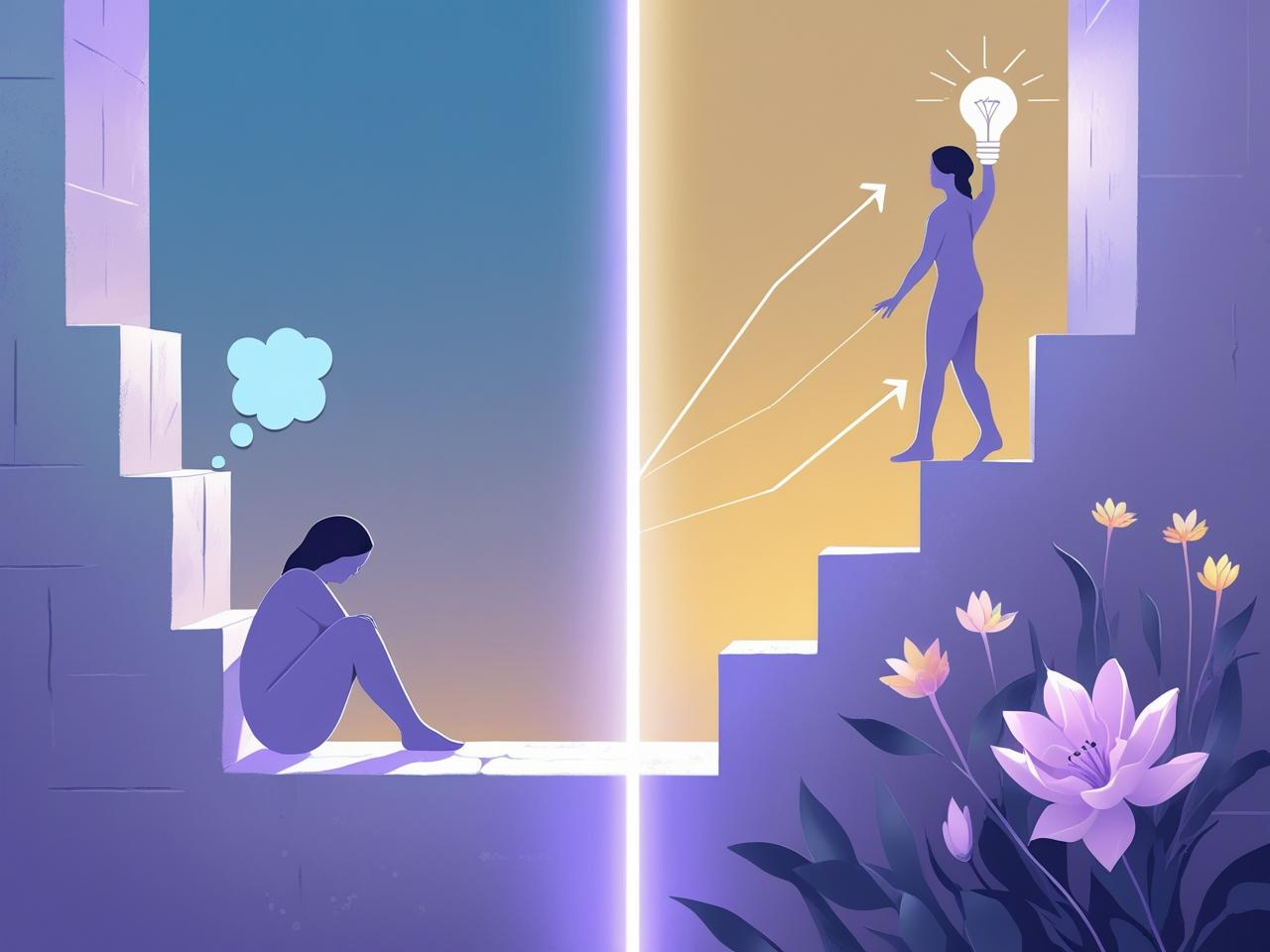· Mindset Coach · 2 min read
Do I Need a Mindset Coach or a Therapist? Here’s How to Decide
Confused about whether to work with a mindset coach or therapist? Learn the key differences, how to choose based on your needs, and what to expect from each.

You know you’re ready for support.
But the question lingers:
👉 Do I need a mindset coach… or a therapist?
It’s a common point of confusion—and an important one.
Both roles are powerful, but they serve very different purposes.
This guide will help you understand the difference, identify what you need, and move forward with confidence.
1. Coaching vs Therapy: The Quick Breakdown
| Mindset Coach | Therapist |
|---|---|
| Focuses on the present and future | Often explores the past |
| Helps with motivation, mindset, clarity | Helps with emotional healing and mental health |
| Goal-oriented and action-based | Insight-based and process-oriented |
| Works with functional clients | Trained to work with clinical conditions |
| Not a licensed mental health professional | Licensed and trained in diagnosis & treatment |
2. When a Mindset Coach Might Be Right
You might benefit from coaching if:
- You feel stuck in patterns but are generally functioning well
- You want to improve confidence, consistency, or clarity
- You’re ready to move forward but keep sabotaging your progress
- You need help aligning your mindset and actions with your goals
- You want accountability and structure—not emotional processing
🧭 Mindset coaching is for growth—not necessarily healing.
3. When a Therapist Might Be Right
You might benefit from therapy if:
- You’re struggling with anxiety, depression, or trauma
- You feel emotionally overwhelmed or unsafe
- You need to process past pain or relational wounds
- You’re managing a diagnosed (or suspected) mental health condition
- You’re in crisis or emotionally stuck
🛠️ Therapy is a space for emotional healing and clinical support.
4. It’s Not Either/Or — You Can Do Both
In fact, many people benefit from both over time.
Think of it like this:
- Therapy gets you back to baseline
- Coaching moves you beyond it—toward clarity, purpose, and aligned action
Sometimes therapy comes first.
Sometimes coaching reveals that deeper emotional work is needed.
Sometimes they work in parallel.
5. Questions to Help You Decide
Ask yourself:
- Do I feel mostly okay, but want to grow or get unstuck? → Mindset coach
- Do I feel not okay and need emotional support? → Therapist
- Am I trying to build habits, shift beliefs, or evolve into a new version of myself? → Mindset coach
- Am I dealing with sadness, trauma, or persistent emotional pain? → Therapist
Still not sure?
Book a free discovery call with either.
A good coach or therapist will tell you honestly if they’re the right fit—or refer you to someone who is.
Final Thoughts
There’s no shame in needing help.
And no weakness in wanting to grow.
Whether you work with a therapist, a mindset coach, or both—what matters most is that you’re not doing it alone.
Growth is easier with support.
Healing is deeper when it’s witnessed.
And your next chapter?
It starts the moment you ask for it.



